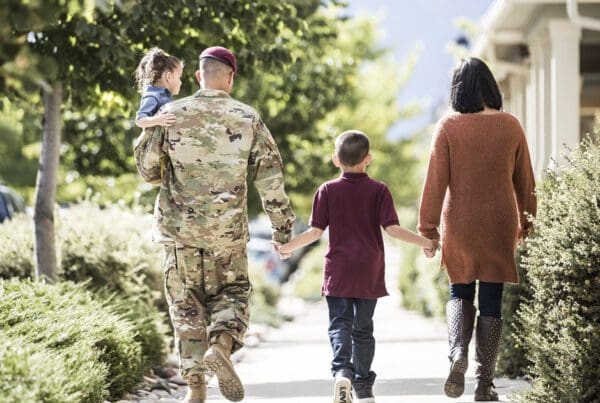The military has a process to help train soldiers to make difficult decisions — decisions that can have a big impact on the overall mission of the organization — in conditions they call the “fog of war,” with limited information and geographically dispersed teams, far from headquarters. One principle is called the Tactical Pause. It is contrarian to think that, during a crisis when time is of the essence, it is best to take a deliberate pause. But that is exactly what the military trains leaders to do.
Lieutenant General (Ret.) Frank Kearney is no stranger to VUCA (Volatile, Uncertain, Complex and Ambiguous) environments, making difficult decisions and taking tactical pauses when conditions are the harshest — both on the battlefield and in the corporate environment. He served more than 35 years on active duty and in multiple combat and crisis operations as a junior officer through flag rank. He retired as Deputy Director U.S. Special Operations Command (USSOCOM) and is the interim CEO of Draper Laboratories and an advisor and senior faculty member of Thayer Leadership.
Why does the U.S. Army train leaders to take such deliberate “pauses” in the midst of a crisis or ongoing operation?
Military leaders recognize, like any good leaders would, that unilateral decisions made in an emotional, time-pressured crisis are not always our best; deliberately using the tools our teams are trained to use makes more sense. A tactical pause allows us time to get a cross cutting set of options from fellow leaders and subordinates who have expertise in aspects of the situation; they are the team who built the plan and contingencies. It is natural, and frankly expected, that leaders take charge in difficult times, but to think they have all the answers is folly. We know once the boss gives thoughts or guidance, the free flow of innovative ideas shuts down, and we move rapidly to execution. That may work sometimes, but is it a repeatable process for crisis decision-making? Not in my experience. In difficult challenges and time-pressured situations, we use the same disciplined military decision-making process; we just do it more deliberately, which in the long run is probably faster, as it is well thought out. It is often difficult to see the blurred line between reinforcing failure and knowing you need to pause, think and adapt.
The coronavirus crisis is impacting every individual, family and organization in the world. Millions of our corporate leaders and employees are suddenly working from home or taking different roles to support changing marketing conditions (like servers delivering food instead of waiting tables in person or even out of a job altogether) and are looking at possibly changing the way we work forever. The world that existed in January 2020 has changed so dramatically it seems like years ago. We can all learn to take a deliberate pause for ourselves, our families and our organizations.
Upon retirement, working in leader development and training with Thayer Leadership, I have shared my experiences while simultaneously learning from corporate leaders over the past eight years. Oddly, I now find myself thrust into a corporate leadership position in the midst of a global crisis, with its attendant economic challenges, while trying to keep my workforce healthy yet continue to meet our commitments to our clients. This is an opportunity to, again, lead in crisis and practice what I have been sharing about the power of the Tactical Pause with Thayer’s corporate clients and leaders.

